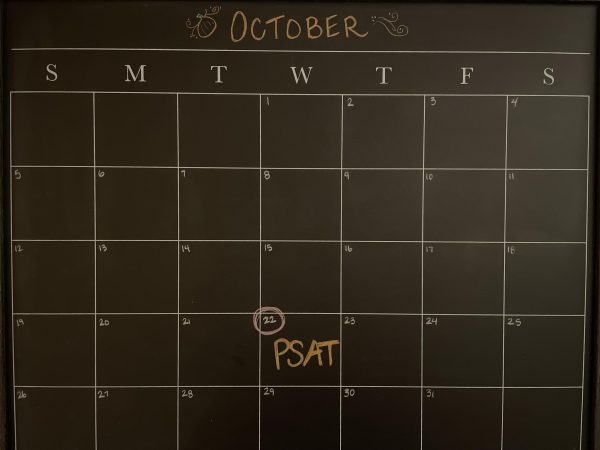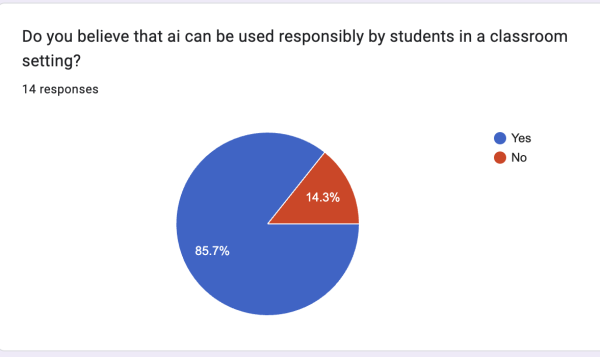The Mars Opportunity Rover Ends its Mission After Almost 15 Years
“My battery is low and it’s getting dark.” These were, apparently, the last words of the Mars “Opportunity” Rover, who, on February 13th, NASA announced, had spent its last day roaming the surface of Mars. The Opportunity Rover had been exploring the Mars’ mysterious surface for 15 years previously, having been landed on the Red Planet on July 7th, 2003.
Normally, the ending of a mission is nothing more than a day of excitement for space geeks, but the “famous last words” of the Opportunity Rover triggered a public outcry.
“It’s really sad that the opportunity rover died, but it had a good life and I’m sure it had fun.” says Luke O’Connell (10). O’Connell talks about the Rover as if it had feelings, and was actually alive. This is the reason it has had such a dramatic impact upon the public, the way Jacob Margolis phrased it, made it seem as if the robot had feelings, like it was lonely, one of most people’s greatest fears.
“Yeah it kinda does, even though its from a robot, that’s a weird realization, you know with all the stuff going on with AI these days.” says Brian Connelly, an Earth Science teacher here at hellgate, when asked if the robots alleged last words had an emotional impact upon himself. “I think, you know, NASA is sort-of fighting for its budget these days. If it can’t shoot at someone, our president right now isn’t to interested in spending a lot of money on it.” Mr. Connelly makes a great point, as, during the first year of President Trump’s term, their budget was down by about a billion dollars. Furthermore, the 2018 government spending plan, when released, was seen as a complete war on science.
But, NASA’s appeals seemed to have worked, as, in the middle of 2018, President Trump signed a bill which allocated a whopping 21.5 billion dollars to NASA. Outlined in their Government Spending Plan for 2015, one of NASA’s goals is to land humans on an asteroid by 2025, and on Mars by the 2030s.
“Yes, absolutely, I think we have been doing the first experiments towards that end for a long time. The biospheres that were in Arizona, trying to see, like, can we create an environment in a bubble?” said Connelly when asked about the possibility of landing on Mars in the near future. The biggest problem is by far, when talking about Mars, is the method of transport. The time it would take to get to Mars would be 6-9 months or more, and, stockpiling transporting the necessary amount of resources on the rocket would be extremely difficult, thus requiring the reusing of water and food.








